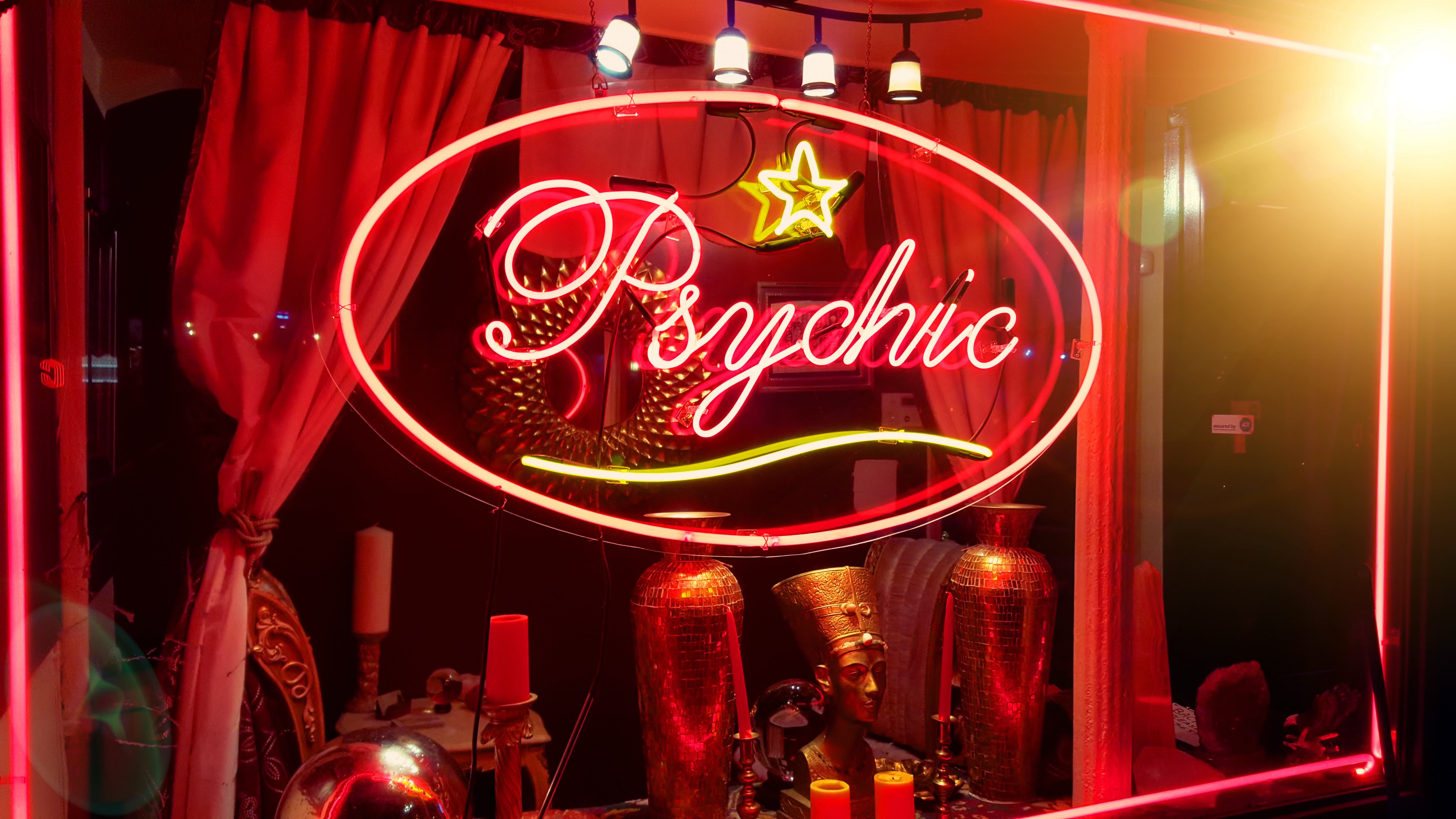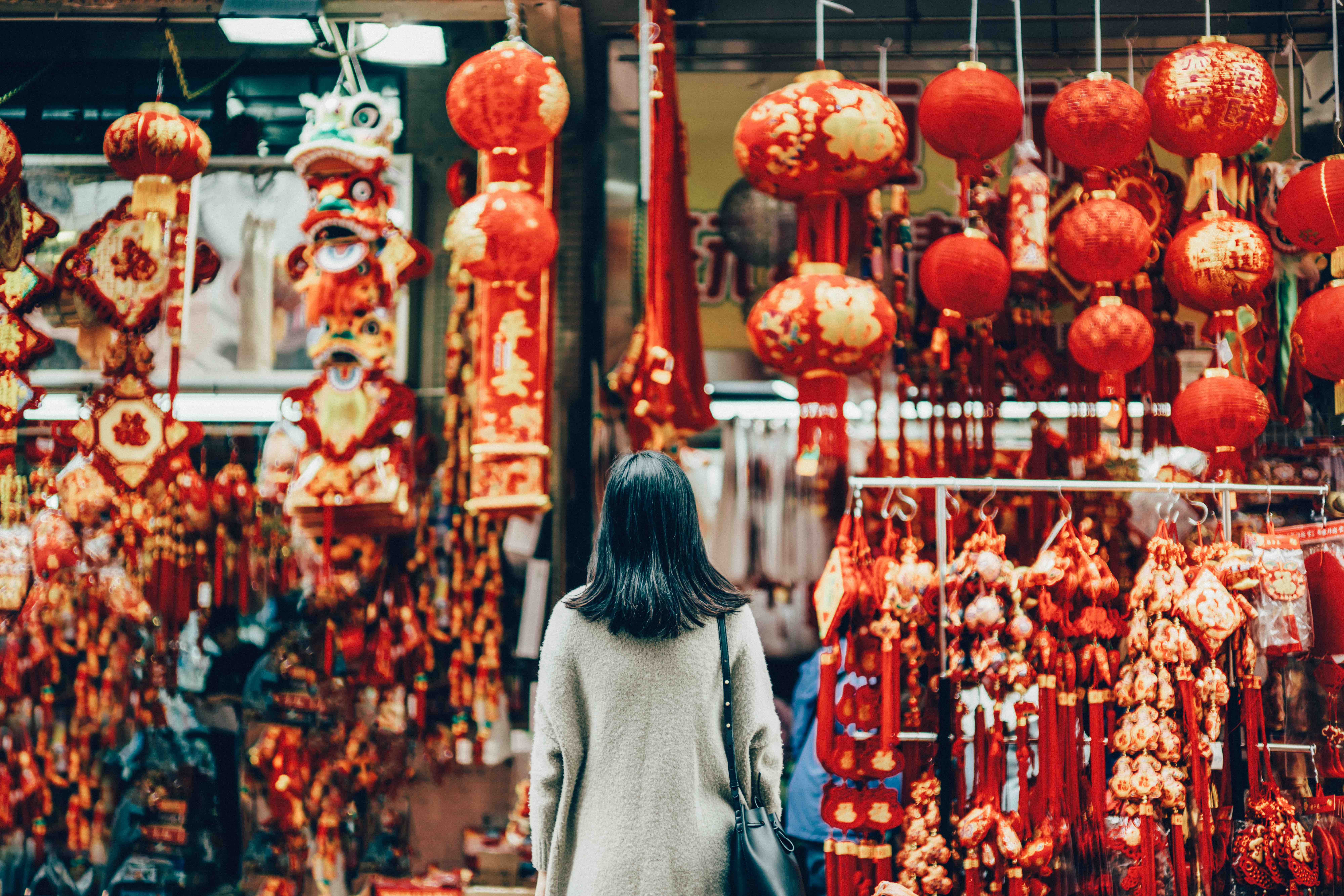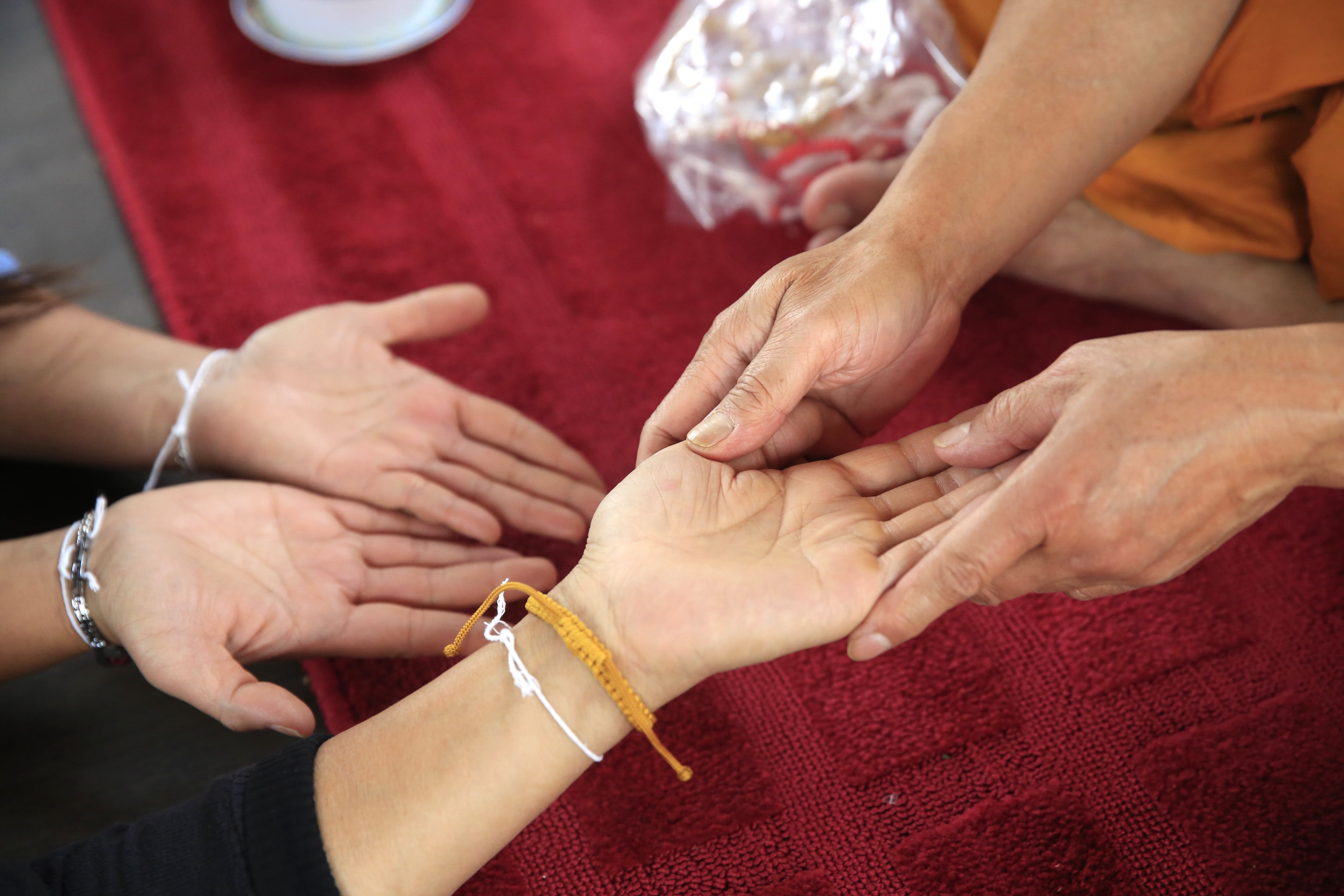
Arts & Culture
The weird world of Christmas traditions

Two new studies find that beliefs in luck and predicting the future vary around the world, for unexpected reasons
Published 16 August 2022
Magic has a seemingly universal allure. It’s interwoven in some of the most popular narratives for children and adults, from the Harry Potter books to the TV series, Supernatural.
But the influence of magic can go beyond the page or the screen to influence people’s lives.

Fortune tellers in caravans, tarot card readers, and astrology apps make a living from people’s belief in something supernatural, transcendent and other worldly – or at least the possibility of it.
Magical beliefs can influence major life decisions like who to marry and how to invest money.
And magic is a part in our everyday lives, with people regularly wishing others good luck and sending good vibes, with the hope that they can telepathically pass on positive ‘energy.’

Arts & Culture
The weird world of Christmas traditions
Of course, some people are more drawn to magic than others. Not everyone is reading their horoscope or setting aside a pair of lucky underpants on important days (or at least not admitting to it).
Studies have shown that people vary widely in their belief in magic – something that many of us have experienced if a topic like horoscopes comes up at the dinner table.
So, we know individuals can have a range of magical beliefs for various reasons.
If we look at the big picture, cultures can also vary in the level to which they embrace magical beliefs. It may be that, in some cultures, magical beliefs are interwoven in people’s everyday lives and collective belief systems.

Our research aimed to test what role culture plays in shaping people’s magical beliefs in two studies with people from 35 countries including Australia, Portugal, Latvia, South Africa and India.
We focused on belief in luck – the idea that our good and bad fortune can be shaped by certain objects, thoughts and behaviours. We also explored precognition – the belief that people or powers can predict the future.
Our study found that belief in luck and precognition was common around the world – and there are a lot of people reading their horoscopes.

Health & Medicine
The meaning in our stars
Belief in luck and precognition varied across cultures. Magical beliefs were less common in cultures across Western European and other English-speaking countries. Belief in luck and precognition was highest in some countries in Eastern Europe and South Asia, including Latvia, Russia, Indonesia, and Singapore
This tells us that where we live can meaningfully shape our beliefs in magic and some cultures are more open to magical beliefs than others.
Our work also explored why magical beliefs might be more common in some cultural groups than others. Previous research suggests that magic might be popular because it fulfills a need for certainty, predictability and order for some people.
If we feel nervous about our exam, and we’re not sure how we’ll do, wearing our lucky underpants might help us to feel just a little bit calmer. If we extrapolate from this idea, people in countries with a high degree of uncertainty, for example, where people are unsure if they’ll keep their job or get laid off, might turn to magical beliefs to restore a sense of calm and stability.

Interestingly, we found that a ‘need for certainty’ didn’t explain cultural differences in magical beliefs. Across both studies, a country’s score on a ‘need for certainty’ index wasn’t associated with magical beliefs.
However, we did find that a country’s score on the Human Development Index – which measures the wealth of a country – is associated with magical beliefs. People in less wealthy countries were found to be more likely to believe in magic.
This could tell us a few things.

Arts & Culture
The oddities of existing things
It may be that people in countries with a lower development score feel less certain about issues like employment, healthcare, and education for themselves or their families.
These sources of uncertainty might contribute to a stronger pull towards magical beliefs. This effect dovetails with research which shows that during periods of national uncertainty – like elections or natural disasters – people are more likely to believe in a higher power.
Another possibility is that in countries that score high on development, their models of formal and informal education emphasise science and technology – highlighting the rational over the magical.
We don’t have clear answers for many of these questions, but by looking more deeply at how beliefs differ across cultures we may be able to go somewhere toward understanding the drivers that shape people’s openness to magical beliefs.
Banner: Getty Images